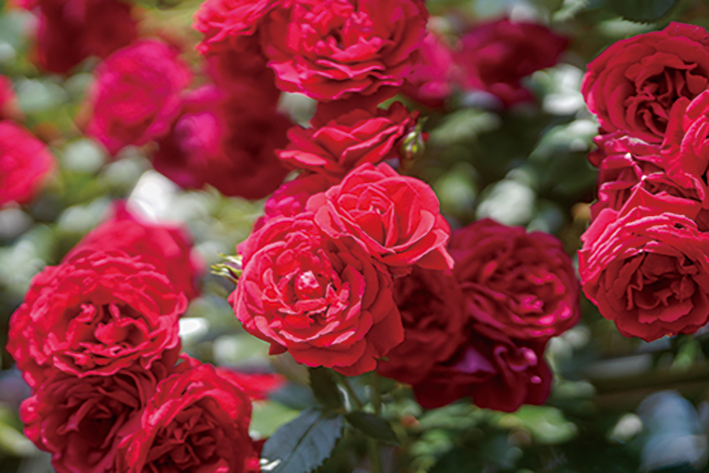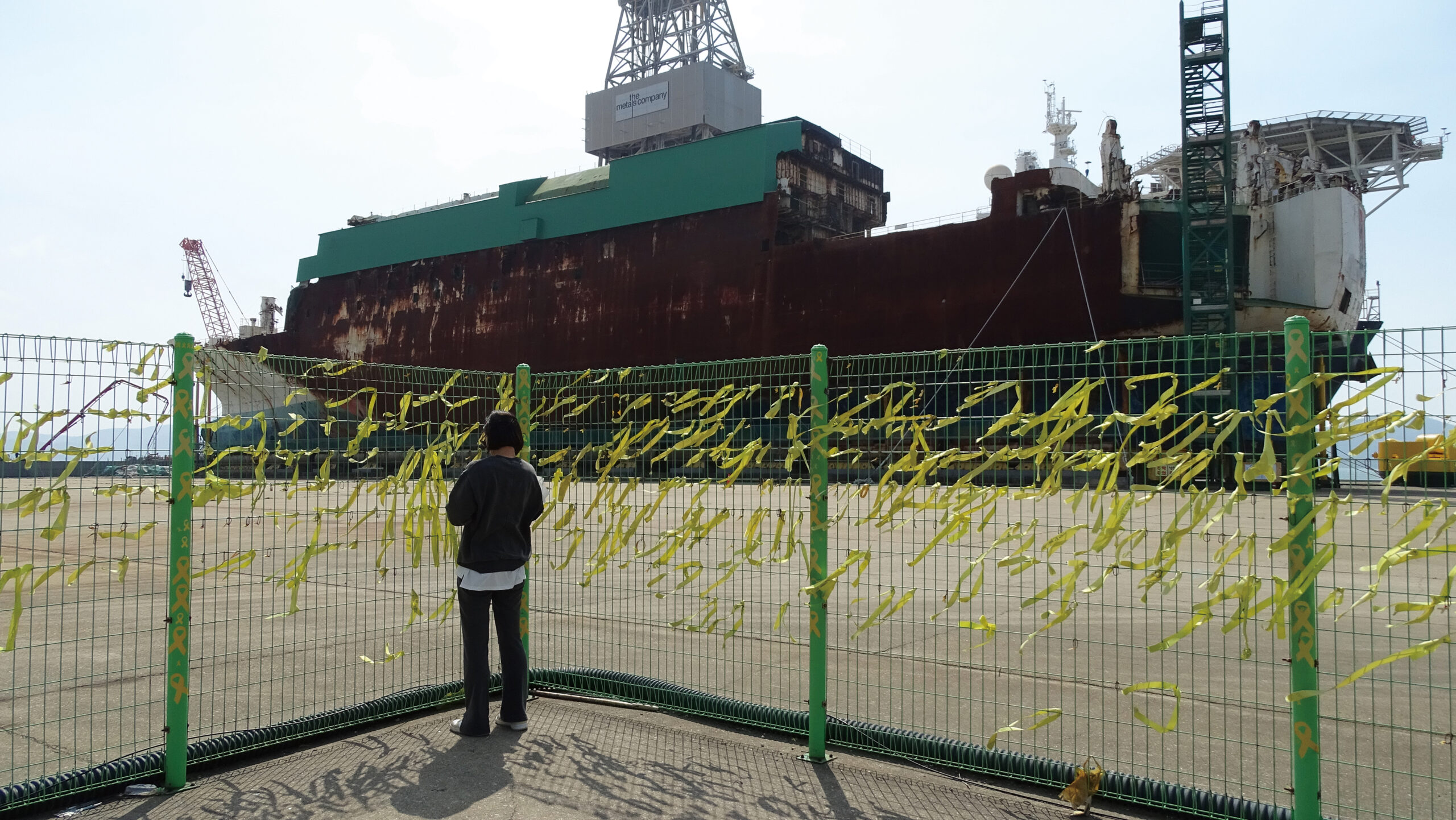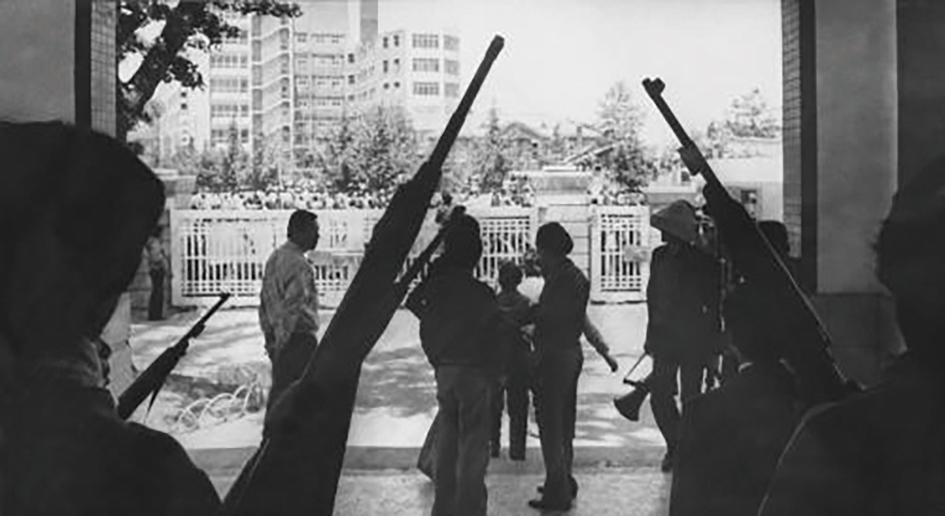Coming to Korea: A Kenyan’s Survival Guide
Step out of the 28-degree heat of Nairobi, Kenya and into the two-degree chill of Incheon, Korea and behold: everything familiar that you took for granted has been taken away so suddenly that you might as well be entering outer space.
The “hakuna matata” philosophy you left back in East Africa quickly fizzles to nothing in the hustle and bustle of Korean life. Your hands seek out the comfort of your pockets, only to be met by stinging cold. It is a tough life being a sunshine man in the winter. Grab an Eskimo coat; in fact, wear three of those and it is not so cold anymore. You might feel like a penguin walking around in all those layers, but a man has got to do what a man has got to do to keep warm.
Now that you are no longer in danger of freezing to death, find a little face mask. If you are accustomed to the crisp, fresh, and clean air of the savanna, you might be somewhat taken aback by the Korean winter. I find that the air I breathe is much warmer after passing through those masks.
Africans say that one who has not moved away from his mother’s cooking considers her the best cook. For the love of you, learn how to enjoy kimchi and rice, because those two will find their way into any meal you come across. Korea is a very generous country; people can be a little shy at first, but if you are the friendly type, you will get many offers for an outing to sample the wide variety of cuisines available here.
Any first-time traveler should carry a bit of his or her food from home. It helps, I tell you. On those really homesick days I just pick out a little kettle and brew some African chai tea. We Kenyans take the English adage “anytime is tea time” to an extreme. We drink, gulp, sip, or even just inhale the aroma of our tea all the time. I hold onto this part of my culture even thousands of miles from home.
The Korean language presents a shock. Where you might be accustomed to the English alphabet, you are suddenly molested by symbols. Unless you have prior knowledge of the Korean language, your literacy in English, Spanish or French can do little for you. Fortunately, there are many signs written in English. No other country has embraced the English culture as Korea has, and that is evident in the number of Koreans who can converse in English.
Now the part that will excite you the most: other Africans up in the place!
 When I first came to Korea, Gwangju had just a handful of Africans, about six people from all over Africa. Now, however, the African population is diverse and numerous. There is even a church dedicated to the African population in Gwangju. Life is good.
When I first came to Korea, Gwangju had just a handful of Africans, about six people from all over Africa. Now, however, the African population is diverse and numerous. There is even a church dedicated to the African population in Gwangju. Life is good.
Step into a sports facility at any university and you are bound to see some black legs running after a ball, or some black hands shooting hoops. The foreigner population in Korea has shot up almost tenfold, and it is evident that Korea has opened up to the world.
In January 2015, the Kenyan comrades had a get-together that attracted more than a dozen folks, even though many travel back home for the holiday season. The Kenyans here have formed a group called Kenyans in Korea-Gwangju, which has its own Facebook page.
I foresee many African restaurants coming to our city in the near future. Soon we may have a Uganda house in Gwangju, a Harambee eating joint, a Mbezi nightclub, or an African-themed night in one of the many fine clubs in the area.
You are sure to see a number of us in Gwangju, whether being a Drogba on a pitch, a Kenyan marathoner on the track, a Mugabi “The Beast” in the boxing ring, or a Hakeem Olajuwon on the basketball court. In the spirit of jambo, we are always brothers. Just walk up to us and say habari (hello), sema (what’s up?), or mambo (word up), or even just “hi,” and you will feel at home.







